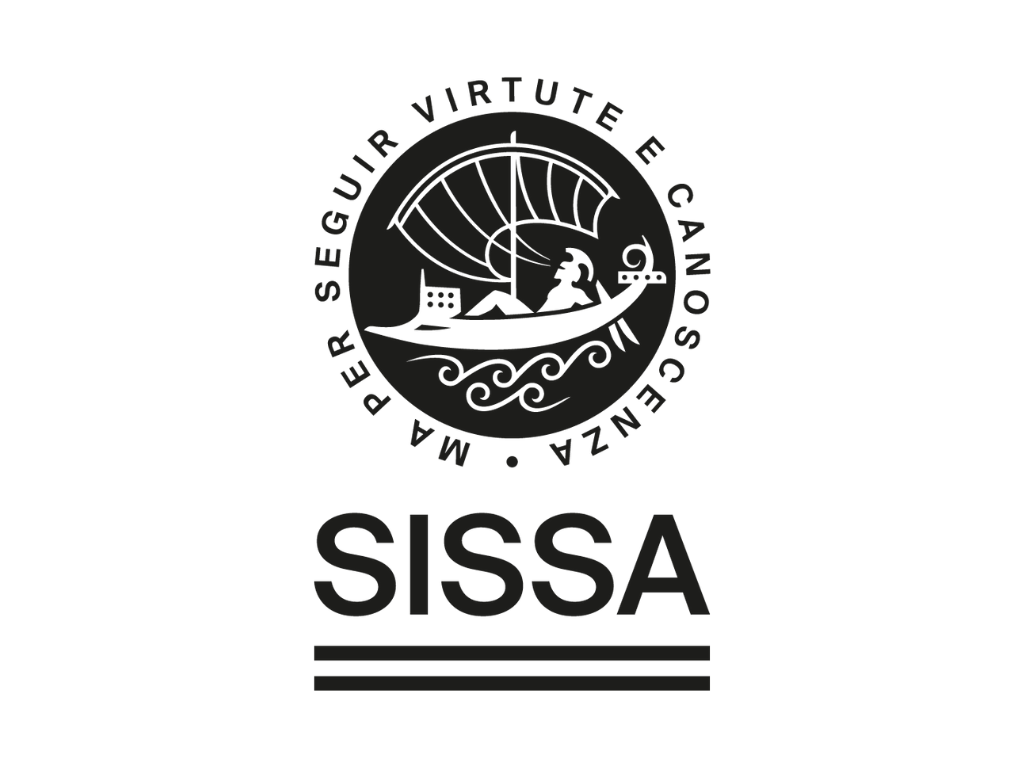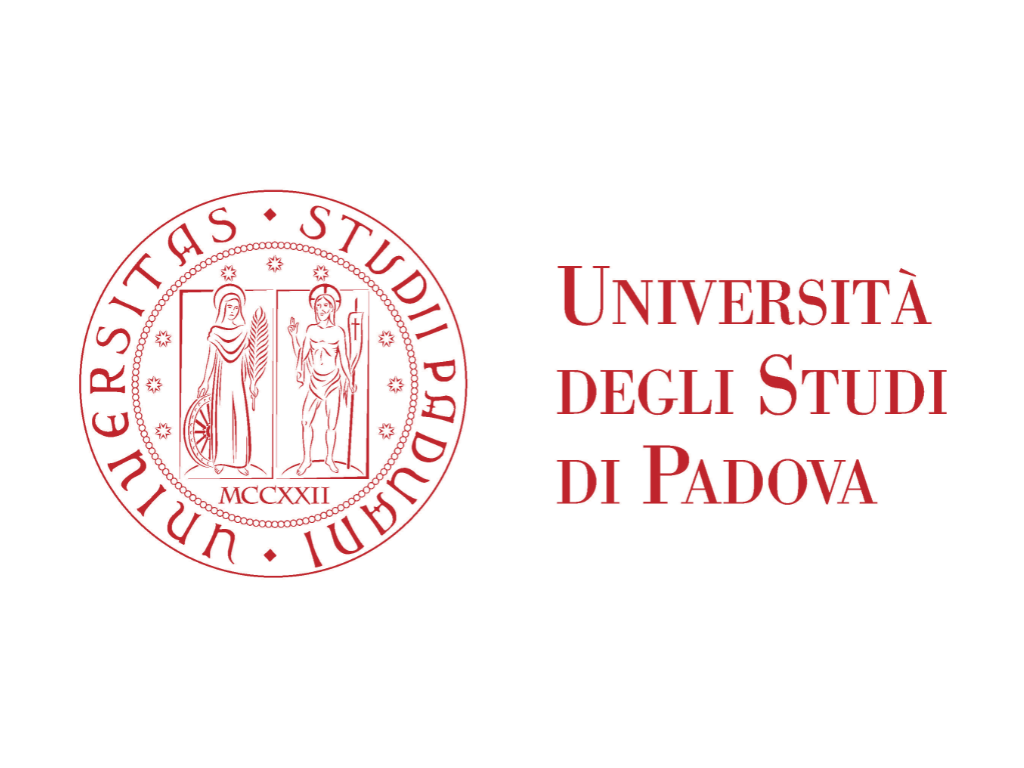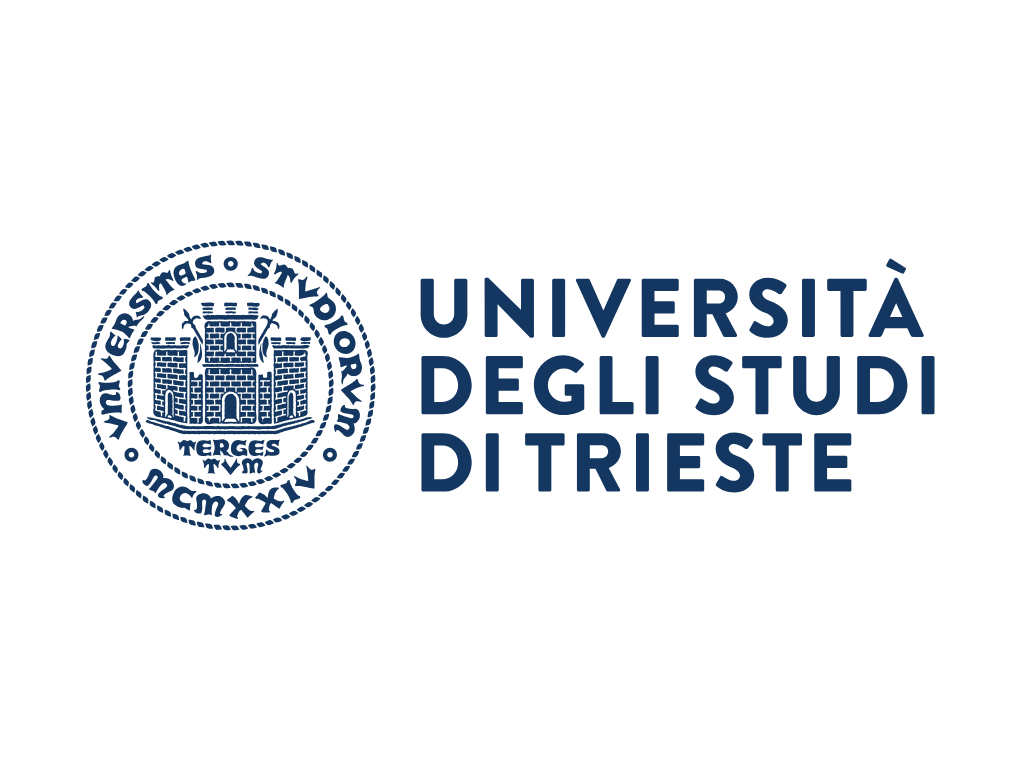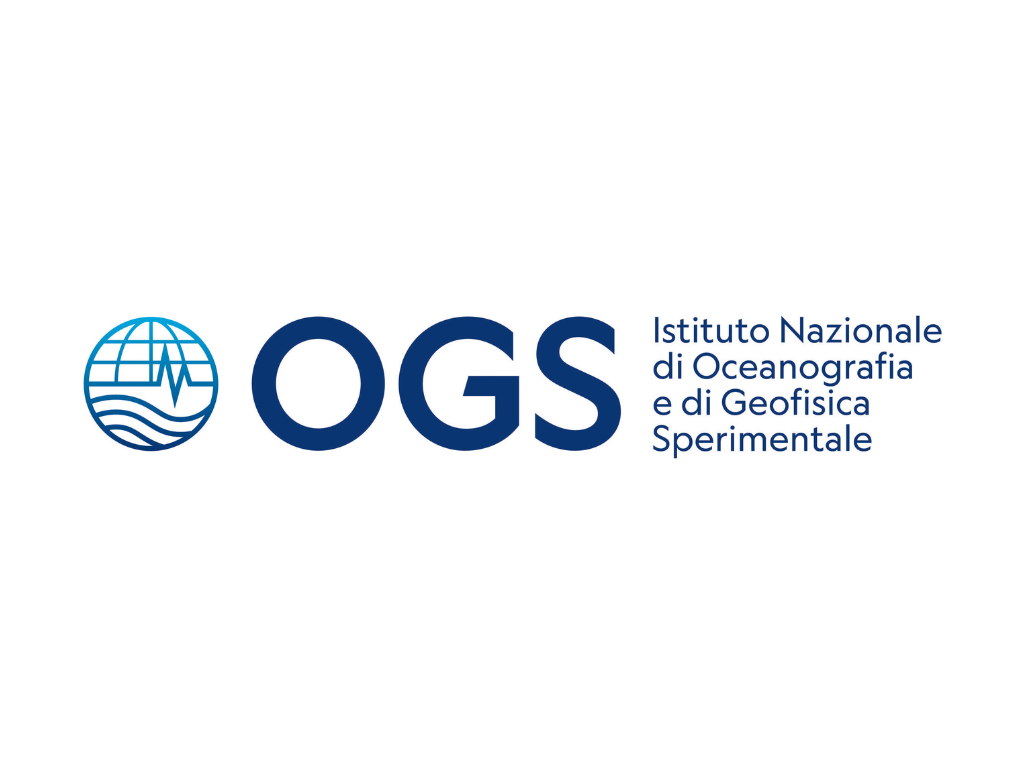Digital Twins for a Sustainable Economy
In today’s industrial world, efficiency and sustainability are paramount. To enhance productivity and reduce resource waste, industries can leverage the immense power of Digital Twins—virtual replicas of physical systems that integrate AI for real-time monitoring, simulation, and the optimization of processes and products.
This course offers an in-depth understanding of Digital Twins (DTs), covering theoretical foundations, case studies, and practical applications. Participants will gain valuable knowledge to apply in real-world contexts, hence fostering a sustainable industrial future.
Target
The course is specifically designed for companies that wish to innovate their production processes and improve operational efficiency through the use of Digital Twins.
What we offer
Innovative content
The course will cover real case studies, advanced methodologies, and practical implementation techniques of Digital Twins in various industrial sectors.
Expert instructors
The course will be led by researchers and University Professors with recognized experience in the field of Digital Twins and related technologies.
Diverse expertise
The course features a cross-cutting and multidisciplinary approach, aligned with the diverse specializations of the involved research centers.
Why participate
Competitive advantage
Deepening your knowledge of Digital Twins can give your company a significant edge over competitors.
Practical integration
By the end of the course, you will be able to seamlessly integrate Digital Twins within your business context.
Networking
Participants will share experiences and challenges with other companies and professionals who are implementing these technologies.
WHEN
From 30th September to 4th November 2024
WHERE
CCIAA Venezia Giulia (piazza della Borsa 14, Trieste)
SISSA (via Bonomea 265, Trieste)
NUMBER OF PARTICIPANTS
10–90 participants
TRAINING HOURS
20 hours
LANGUAGE
Italian
COST
€200
CERTIFICATE OF ATTENDANCE
Available
Course details
Objectives
In this course, you will:
• Learn the fundamentals of real-time physical simulation techniques and Digital Twins.
• Understand predictive monitoring and optimal control with AI algorithms and DTs.
• Develop skills in scientific computing by applying simulation techniques in a case study.
• Discover how DTs are applied to marine environments, focusing on the North Adriatic Sea.
• Gain knowledge on further industrial and environmental applications of Digital Twins.
Schedule
The course consists of 5 afternoon sessions, for a total amount of 20 hours of training.
Sessions will take place in five weeks between September and November 2024.
Sessions 2, 3, and 4 can also be attended online, through a videoconference streaming platform.
| No. | Session name | Date | Time | Venue | Mode |
|---|---|---|---|---|---|
| 1 | Introduction to Digital Twins and Physical Modeling | 30th September 2024 | 12:30–6:00 p.m. | CCIAA VG | In person |
| 2 | Data-driven Modeling for Digital Twins: Simulation and AI | 7th October 2024 | 1:30–6:00 p.m. | CCIAA VG | In person & Online |
| 3 | Case Studies of Industrial Digital Twins | 14th October 2024 | 1:30–6:00 p.m. | CCIAA VG | In person & Online |
| 4 | Digital Twins of Marine Environments | 21st October 2024 | 1:30–6:00 p.m. | CCIAA VG | In person & Online |
| 5 | Interactive parallel session | 4th November 2024 | 12:30–6:00 p.m. | SISSA | In person |
Sessions 1 and 5 include a light lunch from 12:30 to 1:30 p.m. The lunch is included in the registration fee.
Moreover, a coffee break will be provided during every session, between 3:30 p.m. and 4:00 p.m.
Venue
Venezia Giulia Chamber of Commerce
Sessions 1–4
Piazza della Borsa 14, Trieste (TS)
Sala Maggiore
International School for Advanced Studies
Session 5
Via Bonomea 265, Trieste (TS)
Big Meeting Room (7th floor)
How to register
You can sign up for the course on the Indico platform.
Registration requires payment of a €200 fee per company.
Registration will be open until 22nd September 2024.
You can ask for more information to Prof. Andrea Cangiani: acangian@sissa.it.
Important: The course will be activated upon reaching a minimum amount of 10 registrations.
Organizers
Books, papers, websites
Liu et al. Review of digital twin about concepts, technologies, and industrial applications. Journal of Manufacturing Systems 58:B, 346-361, 2021.
Brunton & Kutz. Data-Driven Science and Engineering: Machine Learning, Dynamical Systems, and Control. Cambridge University Press, 2022.
Hesthaven et al. Certified Reduced Basis Methods for Parametrized Partial Differential Equations. Springer, 2015.
A. Thelen et al. A comprehensive review of digital twin – part 1. Structural and Multidisciplinary Optimization 65:354, 2022.
Sutton, Richard S., and Andrew G. Barto. Reinforcement learning: An introduction. MIT press, 2018.
Salvato, Erica, et al. “Crossing the reality gap: A survey on sim-to-real transferability of robot controllers in reinforcement learning.” IEEE Access 9 (2021): 153171-153187.




